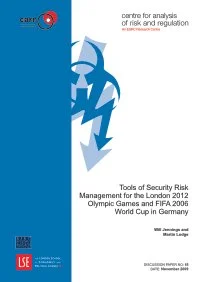By HM Inspector of Constabulary and HM Inspector of Fire & Rescue Services
This report focuses on the police response to antisocial behaviour. It also highlights examples of positive practice and joint working between the police and other organisations to address antisocial behaviour.
We drew on evidence from academic research, national guidance and findings from:
our police effectiveness, efficiency and legitimacy (PEEL) programme;
force management statements (self-assessments that chief constables and their London equivalents prepare and give to us each year);
a request for promising practice to all forces by the College of Policing; and publicly available data.
HM Inspector of Constabulary and HM Inspector of Fire & Rescue Services 2024. 60p.





